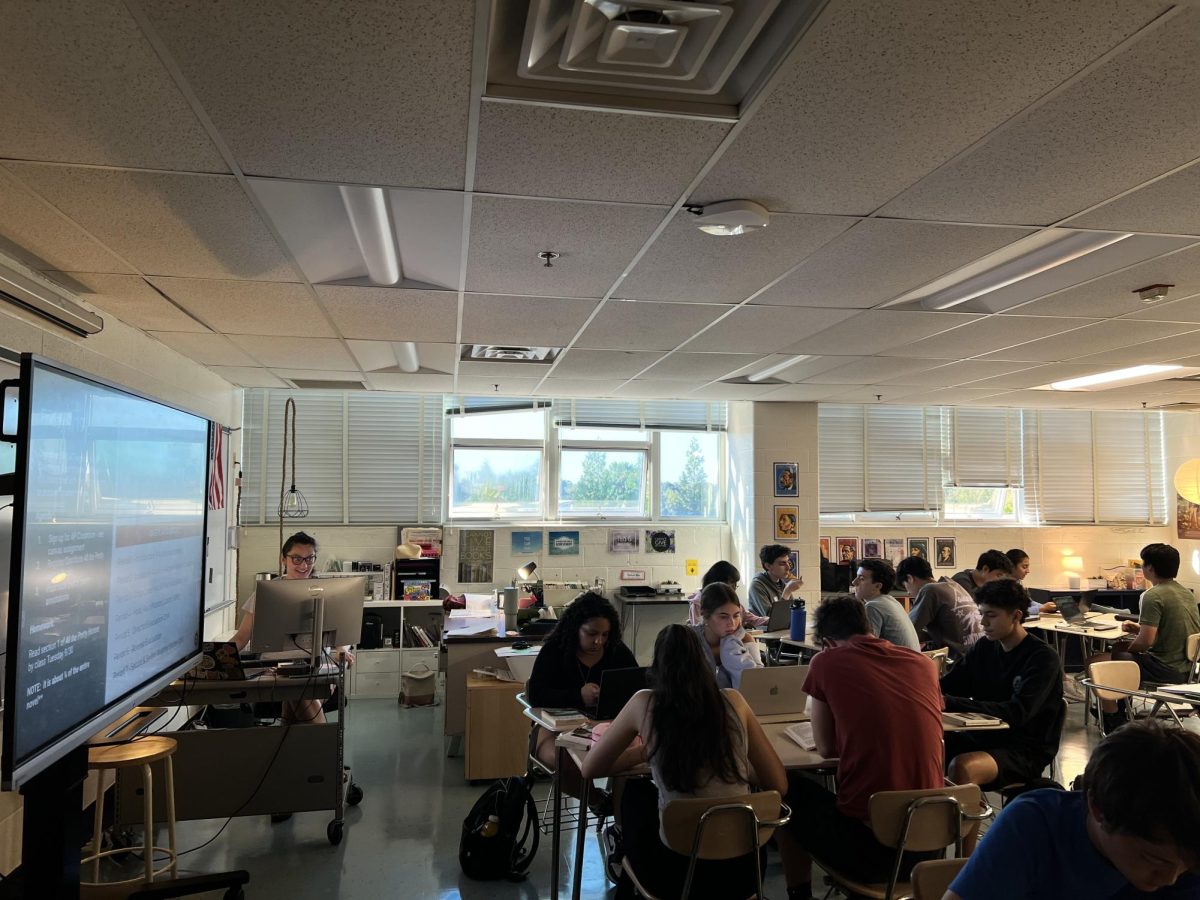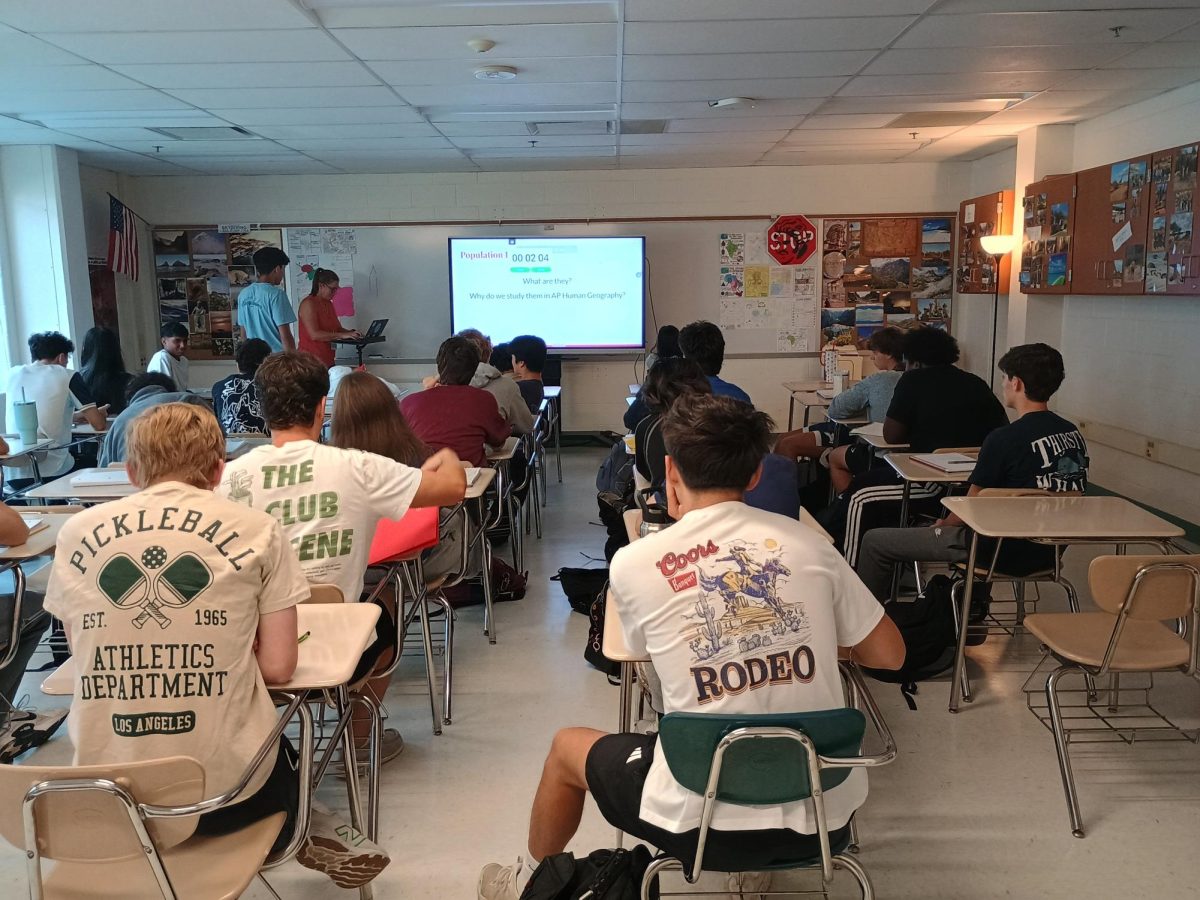On Friday, Nov. 18, hours before he was set to be executed, Julius Jones was granted clemency by the Governor of Oklahoma and is now sentenced to life without parole.
In 1999 Jones was found guilty of murdering a man named Paul Howell and was sentenced to death row. Conversations have since sparked on whether his trial was fair or if there was racial discrimination involved in his case.
Many WJ students had been following Jones’s case for a while, and had been relieved to hear the news that Jones had been granted clemency.
“Although I felt very relieved, given that his life was spared, I still knew that justice wasn’t served. Mr. Jones was given a very unfair trial and deserves a chance to be proven innocent. He is certainly not the first case of injustice in this system,” junior Gabriela Garman said.
Those who had followed Jones’s case had done everything in their power to help spread awareness about his case and the racial bias in his case. According to the innocence project, an organization that helps exonerate the wrongly convicted and who had previously taken up Jones’s case, “the officer who arrested Mr. Jones called him the n-word and dared him to run, then implied he would shoot him if he did.”.
Other than this act of racial bias, 11 out of the 12 jurors on Jones’s case were white, one of which referred to him as the n-word and suggested that Jones be “taken out behind the courthouse and shot”. These were not the only discriminatory actions against Jones and students are disgusted at the fact that they played a role in deciding his sentence.
Students have also stated their shock and anger at the fact that even after his trial, it took millions of people speaking out for the judges to review Julius Jones’s case.
Students continue to follow Jones’s case and spread awareness about it, hoping to see more justice brought to him, such as possibly getting his sentence reduced.
A lot of students are disappointed in these repeating events, especially since so many innocent people or people with unfair trials have been wrongly incarcerated.
“It saddens me to think that there are so many cases like this where there are innocent people being put in prison and put on death row, and people whose lives have been taken away,” sophomore Erin Kim said.















